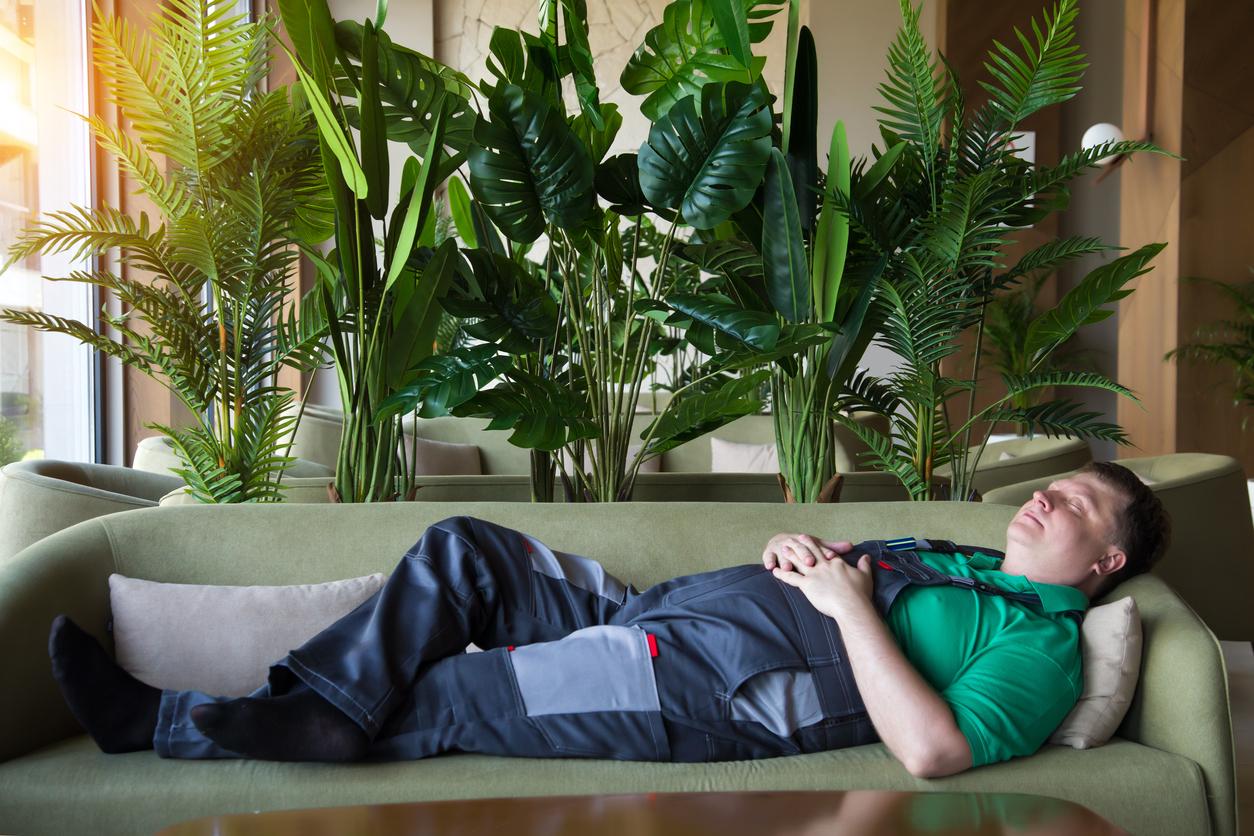
Prof. dr. dr. Menno Gerkema about sleep and summer and winter time
Daylight saving time will start again on the night of March 24 to 25. Long summer evenings await us, but there is always the hassle of watches, alarm clocks and the oven clock. And what about our health: is changing the clock really such a good idea?
When it comes to matters such as summer time and winter time and the influence of sleep on human well-being, you will soon end up with Prof. Dr. Menno Gerkema, professor of chronobiology at the University of Groningen. Health Net spoke to him.
To what extent does this six-monthly exercise from summer time to winter time and back affect our well-being?
‘Physiologically speaking, the effect is most obvious during the transition from winter to summer time. That has to do with the hour of sleep we lose. Research has been done on this in Scandinavia and it turned out that this hour of sleep loss increases the risk of cardiovascular disease. At the same time, we should not immediately be alarmed by this, because this is a very small chance. Looking at our well-being, I would say that the disruption is marginal – it is more difficult than problematic. Incidentally, you see a clear difference with pets: a dog does not understand why the owner suddenly starts an hour earlier and why his food bowl is suddenly filled so much earlier or later.’
When we talk about summer and winter time, there is always someone who claims that the morning person or the evening person is more or less bothered by it. Is that indeed the case?
‘People often talk about morning and evening people, but in reality those are the extremes. The majority of people fluctuate around the average and are therefore not a pronounced morning or evening person. Incidentally, this does not only apply to Western people: this is a fact worldwide. Age in particular determines when you feel most comfortable: children are pre-eminently morning people, adolescents are real evening people and then we slowly but surely move back to the preferences of the morning person.’
Does the modern and busy person actually sleep well enough?
‘No definitely not. We see that the quality of sleep is decreasing, and that is certainly disturbing. Sleep has a major impact on health and cognition, and there is mounting evidence that impaired sleep quality damages the cognitive system. All kinds of important clearing processes take place during sleep. We now know that the disruption of deep sleep leads to the accumulation of a protein that also plays a role in Alzheimer’s disease. Further research is needed for that connection, but there is no question that sleep is extremely important.’
What are the causes of this reduced sleep quality?
‘They diverge. Work and travel times play a role: we are home later and then we also want to do all kinds of things in the evening. As a result, we fall asleep less well and often sleep less deeply. In addition, the temperature in the bedroom has an influence. The bedrooms used to be very cold. Perhaps not so comfortable, but beneficial for the quality of your sleep: in a cold bedroom you sleep deeper and more firmly. If it is warm in the bedroom, you wake up faster. Another important condition for a healthy night’s sleep is sound, or rather: the lack of it. Sleeping with a small beep has been researched. Although the subjects in the study felt that they had slept well, in reality they had slept much less deeply and less soundly. In short, our sleep hygiene is incredibly important and we really need to pay more attention to that. If we don’t, the deteriorating sleep quality will have major consequences. Just think of the large group of people who work night shifts and have to sleep during the day. During the day all signals are really red: it is warmer, there is much more noise and it is even brighter.’
Finally, a word about summer and winter time: abolish it then?
‘In any case, there is little that speaks in favor of maintaining summer and winter time. When it comes to matters such as energy consumption, that is now obsolete. Furthermore, it is much better to have a lot of light early in the morning, because then you start the day more energetically. Objectively speaking, those bright summer evenings don’t do anything for your energy. If you look at it subjectively, it is of course a completely different story.’
Night shift leads to more cases of diabetes and cardiovascular disease
In the Netherlands, about 15 percent of the working population regularly works at night. The Health Council conducted an investigation and in the autumn of 2017 issued an alarming report about the effects of those night shifts.
Short-term effects
The report Health risks due to night work states that in the short term disruption of the day-night rhythm can lead to concentration problems, accidents at work, lower performance and sleeping problems. The latter are one and a half to two times more common than among people who work during the day.
Long term effects
In the long run, night workers are at a higher risk of type 2 diabetes and cardiovascular disease. The longer people have been working at night, the more that risk increases. Forty years of night work increases the risk by 7 to 8 percent.
Source: NOS.nl















